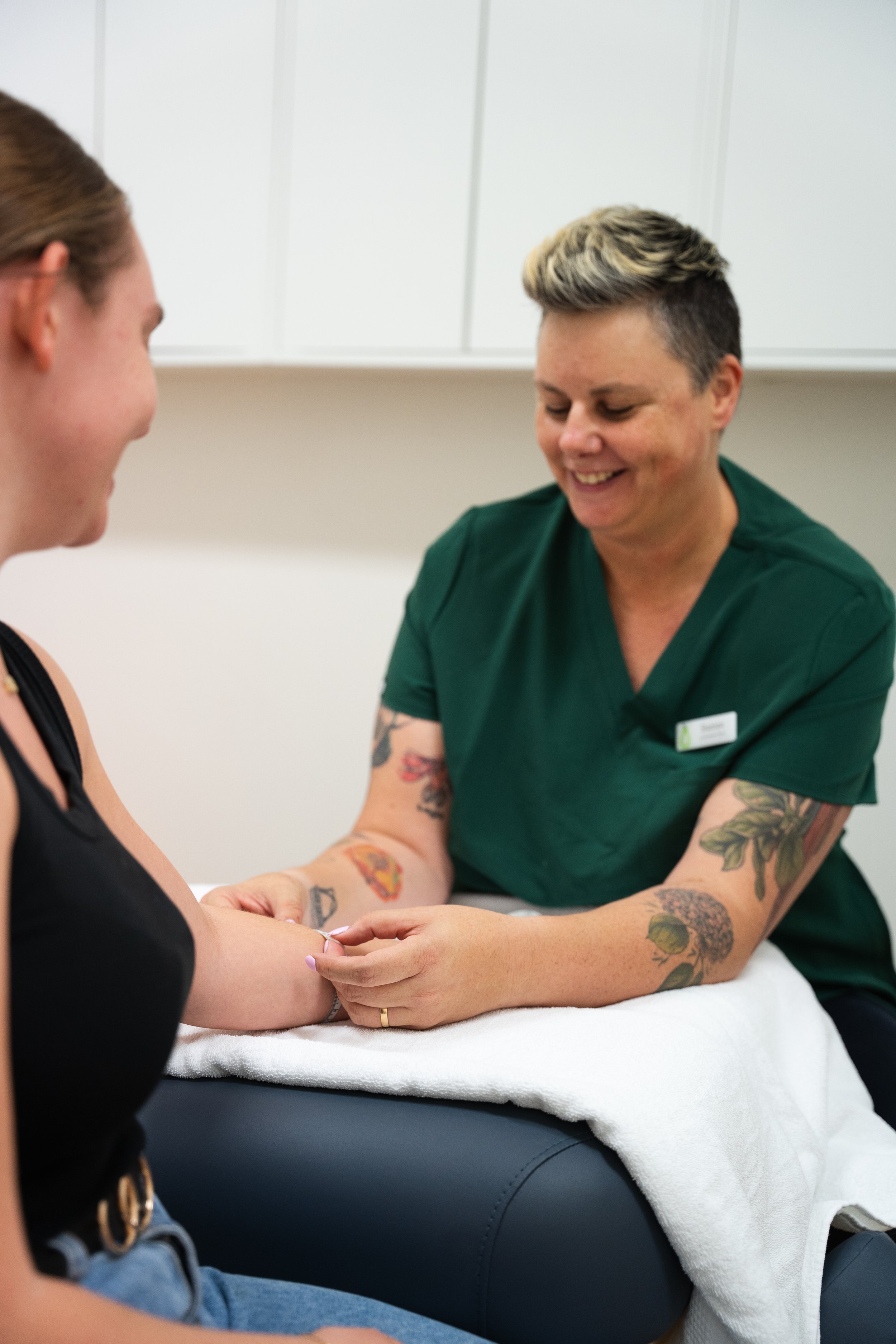What is Lymphoedema Physiotherapy?
Shannon Al Samarie is our specialist Lymphoedema Physiotherapist on the team at Pear.
Shannon has worked in the aged care, disability and oncology sectors since graduating in 2004 from Auckland University of Technology. She completed her lymphoedema training in 2016 and has developed a passion for chronic oedema and lymphoedema after cancer surgery and treatment. She firmly believes in evidence-based practice that supports early intervention to minimise the effects of lymphoedema and a collaborative approach to self management for long term success with this chronic condition.
When not working, you'll find Shannon at a potter's wheel or hand building clay vessels or enjoying family time with her husband and two teenage children.
Lymphoedema is the accumulation of fluid in the body which causes uncomfortable swelling, impaired mobility and recurrent infections. It most frequently affects the arms and legs, but can also be present in the groin, head and neck regions.
What is Lymphoedema Physiotherapy?
Lymphoedema-trained physiotherapists are specialists at diagnosing and assessing lymphoedema, managing patients' lymphatic drainage with compression garments or massage, and prescribing exercises to help them get back to their normal work, study and physical activity routines which are so important to overall quality of life.
Primary lymphoedema is a congenital condition in which the lymphatic vessels and nodes are not fully formed, while secondary lymphoedema occurs after damage to the lymphatic system, such as surgery or radiation therapy often associated with cancer treatments.
At Pear, our lymphoedema physiotherapists are trained to support lymphoedema management and pain in relation to:
Breast Cancer - After surgeries like lumpectomy, mastectomy and sentinel node biopsies, during chemotherapy and radiation
Garment fitting - Compression garments and fittings
Women's Health - C-section scar management
What to expect from your first Lymphoedema Physio appointment
At your first appointment we will review your medical history and perform a physical examination of your affected limbs, the nature of which depends on your symptoms.
Generally, they l start by taking some measurements of your limbs, before checking specific points around your body.
At the end of the consultation we will come up with an individualised treatment plan that may include a home program, recommendation of exercise classes and review appointments to support you to improve your lymphoedema management.
We always communicate with your extended team, whether that be GP, Oncologists, Exercise Physiologists and other practitioners - to make sure we have the best plan for you!

